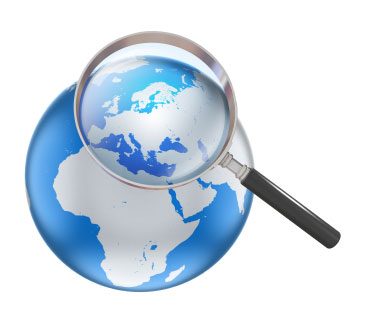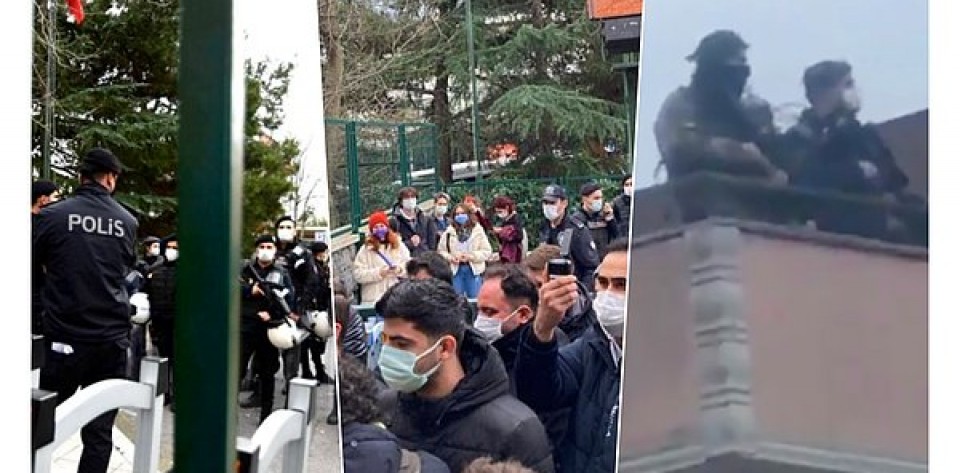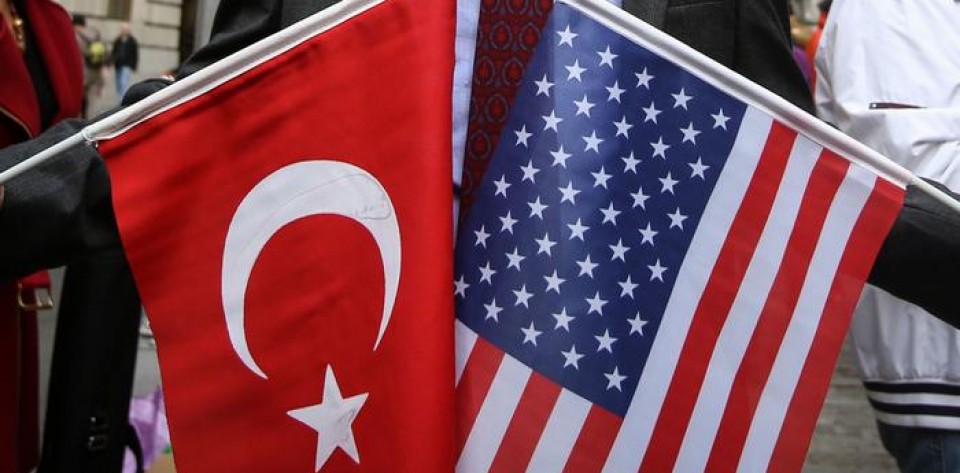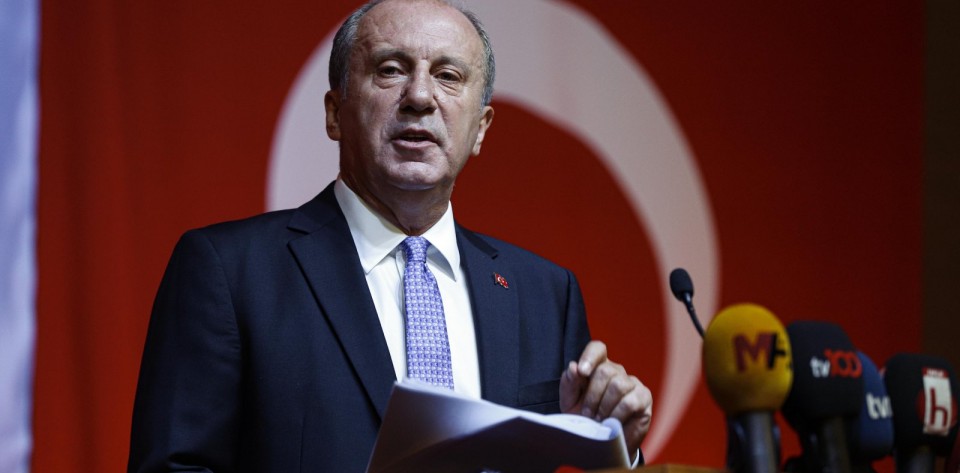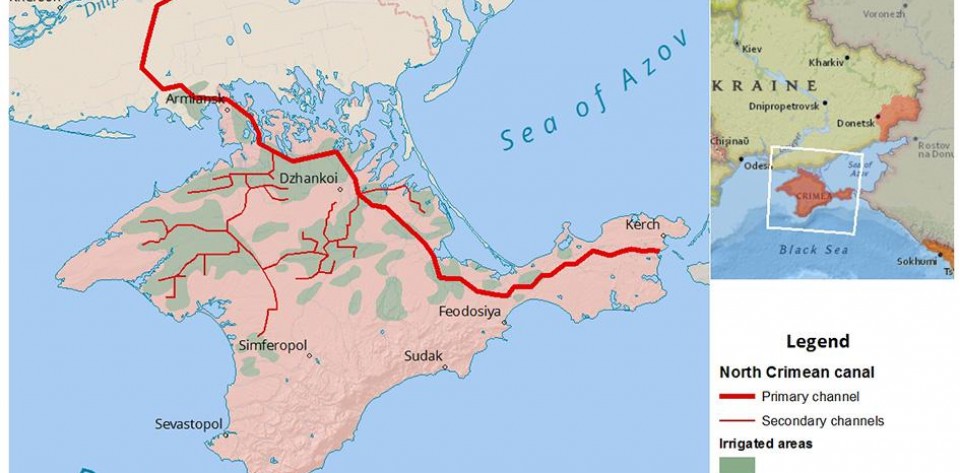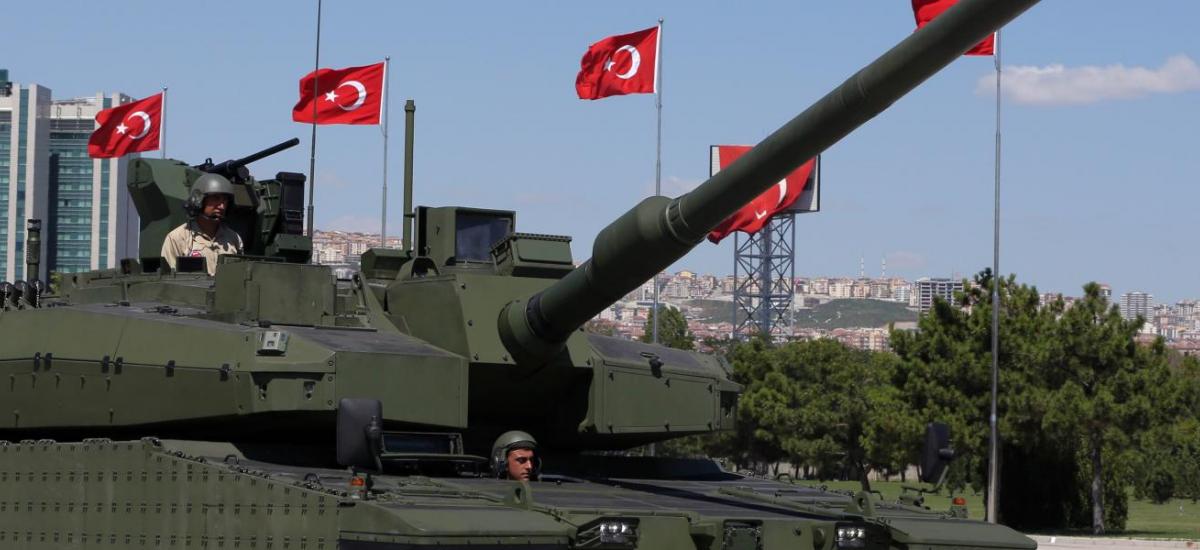
All these obstacles and arising tensions between Turkey and neighbors in the regions, Turkey still remains a strategic partner for EU in the region. Turkey still is favorable economic partner due to low cost labor, tax beneficiary attraction program and its necessity to raw materials from EU. Thus, creates a very strong economic bond which so far holds very strong. Moreover, Turkey has been a gatekeeper of immigrants to EU and so far it works for the benefit of EU majorly. Thus, EU has been reluctant to impose severe sanctions to Turkey and alienate further.
Turkey is the 6th largest partner for EU exports with 3% while the 6th partner with 4% for EU imports. It is relatively small for EU therefore it is more of a Turkish problem than an EU problem. However, Spanish banks hold $64 billion of Turkish debt, followed by France with $24 billion, Italian banks with $21 billion and $30 billion with UK, US and Germany. Turkey has been using Sovereign’s Wealth Fund which has 23 companies totaling $240 billion in assets to attract investment or apply for loans. While these moves might sound like favor of Turkey in short term, it has been exposing severe risks in lack of economic reforms, institutional reforms and more importantly lack of programs to reduce the corruption in country. Investors do impose high return to the loan agreements and more safety instruments to their investments due to lack of institutions. Naturally, it has been increasing the cost of borrowing. If Turkey pursue its way as today, it might also effect the national defense industry capability in coming years.
Turkish authorities intend to find solutions to ongoing amid economic problems. In lack of reliable institutions and economic reforms, investors will increase the bar of investments and cost of loans. Ankara has been following a different path of foreign policy; “Strong Military Strong Foreign policy”. However for both aspects of the foreign policy pieces, Turkey urges strong economy.


